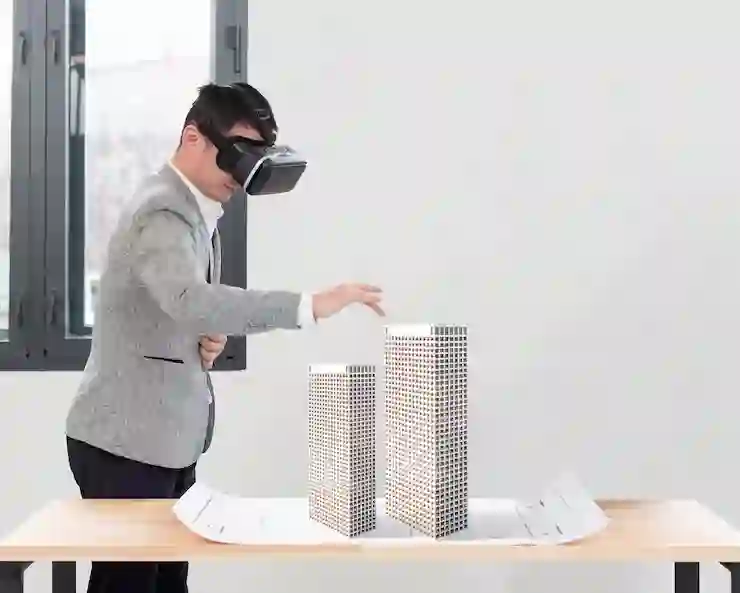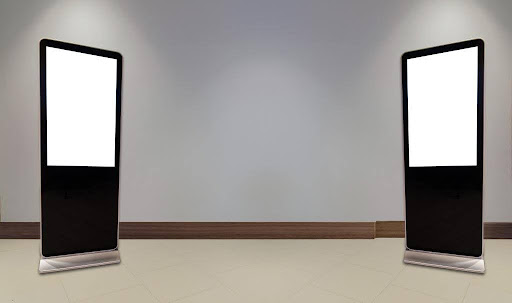In recent years, virtual reality has emerged as one of the most powerful tools businesses can use to drive growth and success. From enhancing how companies engage with customers to streamlining their internal operations, virtual reality is transforming how we do business.
In this blog post, expert Dennis Bonnen will explore how companies integrate virtual reality into their operations and how it is helping them achieve their goals. Be sure to consult an attorney versed in AR law to ensure your business use of the technology complies with all privacy, intellectual property, and data protection laws. Read on if you want to learn more about how virtual reality can help transform your business.
Table of Contents
Enhancing Customer Experience
One of the most significant ways virtual reality changes the business landscape is by enhancing the customer experience. As customers become more tech-savvy and demand more engaging experiences from businesses, many companies have turned to virtual reality to deliver.
From virtual tours of homes and hotels to interactive product demonstrations, VR provides customers with an immersive experience they will remember.
Improving Employee Training
Employee training is another area where virtual reality is making a significant impact. VR allows companies to provide their employees with a hands-on learning experience far more effective than traditional training methods.
By simulating real-world scenarios, employees practice and hone their skills in a safe, controlled environment. This training method is not only more effective but also more cost-effective in the long run.
Increasing Sales
Virtual reality has the potential to increase sales in many industries. For example, in the real estate industry, virtual reality allows potential homebuyers to take a virtual tour of homes and get a better feel for the property before visiting it in person.
Similarly, retailers can utilize VR to provide customers with an immersive shopping experience, showcasing their products in a way that can’t be replicated in-store. This, in turn, can lead to increased sales and revenue.
Streamlining Design And Prototyping
Virtual reality is proving to be a game-changer in product design and prototyping. Companies can use VR technology to create and test virtual designs in a simulated environment.
This saves time and money on physical prototypes, allowing companies to iterate and refine designs before moving on to costly manufacturing processes. This technology has been particularly beneficial in the automotive and aerospace industries, where the cost of design errors can be significant.
Reducing Travel Costs
Virtual reality can also help businesses reduce their travel costs. With VR technology, employees can participate in meetings and conferences from their offices, reducing the need for expensive travel.
This is particularly useful for companies with a global presence, where international travel can be a significant expense. VR saves companies on travel costs while maintaining effective communication and collaboration with colleagues.
Virtual Tours
VR can also be used to provide virtual tours of facilities and showrooms. This is especially important for businesses in the real estate and tourism industries.
Virtual reality tours allow customers to experience a property or a destination virtually, giving them a better understanding of what to expect. This more engaging and interactive way of presenting information can help businesses attract more customers.
Remote Collaboration
In the current climate, remote collaboration has become essential. VR provides businesses with an immersive and interactive environment for remote collaboration, which is impossible with traditional video conferencing.
Meetings and presentations can be conducted virtually, enhancing team collaboration. This is particularly useful for businesses that operate in multiple locations globally.
Final Thoughts
Whether enhancing the customer experience or streamlining design and prototyping, virtual reality offers many benefits to businesses of all sizes. Dennis Bonnen reiterates that as technology evolves, it’s up to companies to embrace these innovations and find new and creative ways to apply them to their operations.
By incorporating virtual reality technology into their operations, businesses can stay ahead of the curve and drive growth, success, and profitability in today’s competitive business landscape.





